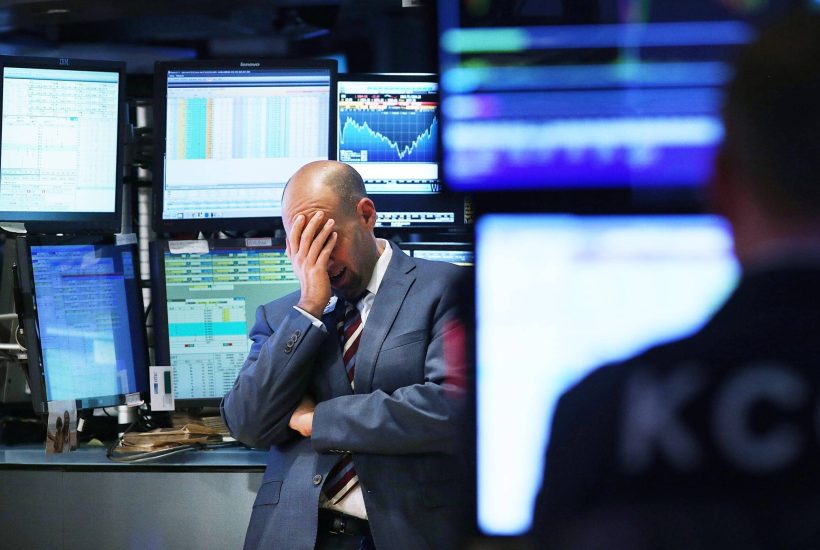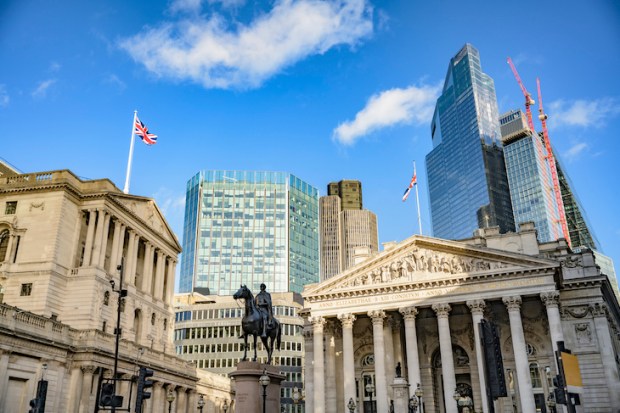He will control spending, reverse the few remaining tax cuts that are still in the works, and bring in every kind of official body imaginable to check over all the figures. Jeremy Hunt made the best of a very difficult hand of cards in his first outing as Chancellor on Saturday morning. He was calm, rational, sensible, and conciliatory. His strategy was clear enough. To calm the markets, and buy the government some breathing space while it figures out what to do next. There is a catch, however. What if it doesn’t work?
Hunt’s plans as Chancellor are clearly very different from his short-lived predecessor. In a nutshell, it is George Osborne Mark II. There will be some hardcore austerity, with a clampdown on spending in every department, with a few tweaks for entrepreneurs and small businesses on the side, but it will be dressed up in centrist, compassionate language to make it more palatable. Funnily enough, there was no mention of his plan in the summer, when he stood for leader, of cutting corporation tax to 16 per cent. It will be sold as a ‘grown-up’ solution to the UK’s problems. The IMF may well find something nice to say about it, banks such as UBS may stop describing the government to investors as a ‘doomsday cult ‘, and, heck, who knows, maybe even the FT will find something positive in the programme. With some luck, the financial markets will move on to worrying about the sinking Japanese yen or rising Italian debt.
There is a problem however. It may not work. The markets are clearly already very worried about the UK’s debt. Even with the reversal on corporation tax and the higher rate there is still a big hole in the government’s finances. Add in the impact of those tax rises – because a recession is now inevitable – and we may be under even more pressure than we were before. And as interest rates rise, there may be more shocks ahead, similar to the losses in the pension system that emerged as gilt yields started to rise. After all, the UK has a huge financial sector and one of the most leveraged systems anywhere, plus a financial regulator that obviously doesn’t have a clue what is being traded in the City. It is hardly clear that we are in a better position now than we were forty-eight hours ago.
Hunt’s real problem is that he has no plan for growth. He doesn’t have a story to spin that while it may be radical the UK will start growing more rapidly in 2023 and 2024 as his reforms start to work. Nor does he have the ambition to take on the Bank of England or the currency traders. True, he may well get away with it. By sounding sensible, he may keep everything under control, and be able to spend a year and half controlling public spending before handing over Number 11 to Labour’s Rachel Reeves in good order. But if the attacks on sterling and the gilts market resume he will be in real trouble – and worst of all he will have nothing to come back with.
Got something to add? Join the discussion and comment below.
Get 10 issues for just $10
Subscribe to The Spectator Australia today for the next 10 magazine issues, plus full online access, for just $10.




















Comments
Don't miss out
Join the conversation with other Spectator Australia readers. Subscribe to leave a comment.
SUBSCRIBEAlready a subscriber? Log in